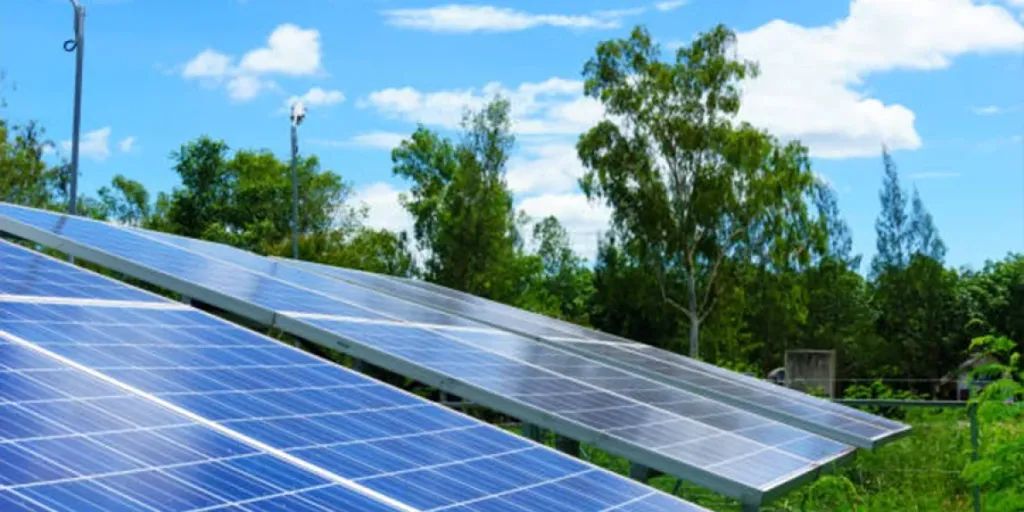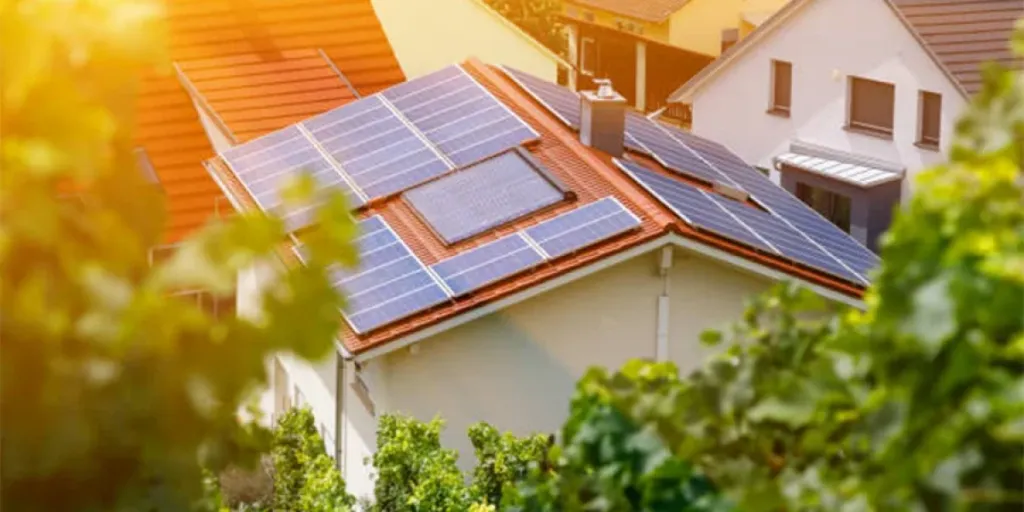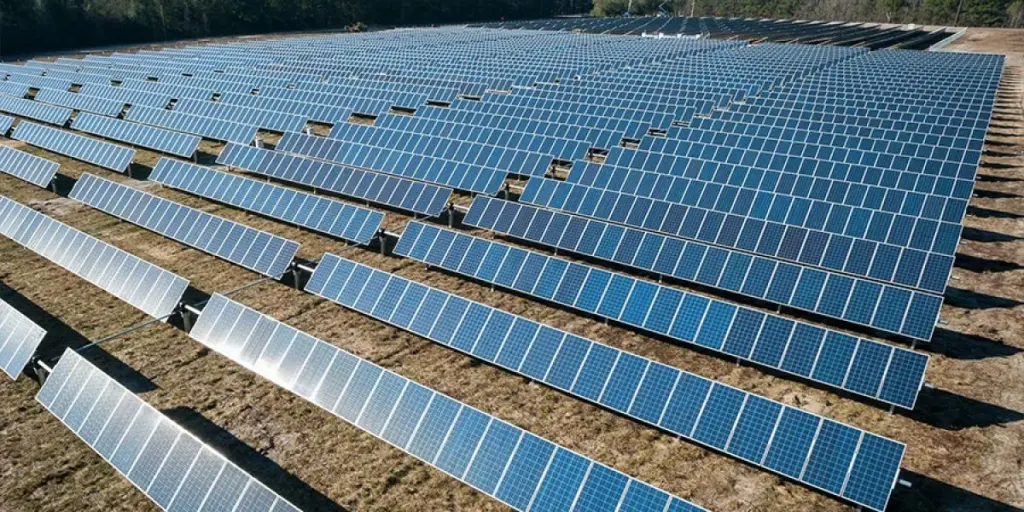The importance of renewable energy cannot be overstated. As a result, major countries have plans to transition their economies to clean energy. For instance, the United States government has made clean energy development and its integration into the economy a focal point of its administration. In the same vein, the Chinese government aims to achieve carbon neutrality by 2060.
Energy storage systems are an integral part of this shift to renewable energy. Since the power gotten from renewables is usually intermittent, energy storage systems give the capacity to store power from renewable sources when there is abundance and use this stored power when needed.
Batteries are the most popular form of energy storage system, and they will be the focal point of this article.
Table of Contents
Growing use and impact of energy storage systems
5 types of battery energy storage systems
How to select the best batteries for home and commercial use
Growing use and impact of energy storage systems
In 2020, California experienced a power outage from the grid. While this happens now and then, this is unique because off-grid power sources had enough capacity to resupply the grid. However, this wasn’t utilized because the energy storage systems were not equipped to do so.
To prevent a similar occurrence in the future, California has plans to ensure that there are at least 1 million home batteries by 2028.
This is just one point in the general trend toward recognizing the importance of improved energy storage systems.
According to Wood MacKenzie, global energy storage capacity nearly tripled year on year in 2021 by reaching a capacity of 12 GW. Furthermore, it’s expected to reach the 1 TWh mark by 2030. All this points to the potential growth and opportunity in the energy storage sector.
5 types of battery energy storage systems
Batteries are the primary method for energy storage systems. However, not all batteries can be used for this purpose. There are different types of batteries you can use for this with individual pros and cons.
Here are some of them:
Lithium-ion batteries
Lithium-ion batteries are the most popular type of battery. You’re likely to be very familiar with them directly or indirectly because they are used to power phones and laptops. In addition, about 90% of battery energy storage systems use lithium-ion batteries. This is because they are lightweight, energy-dense, and have many other advantages.
However, they are usually more expensive compared to other battery types. Despite this, the US Department of Energy considers them the best option when it comes to performance.
Lead-acid batteries
Lead-acid batteries are very widely used. This is because they are the batteries primarily used in automobiles. These batteries are exceptionally eco-friendly as about 80% of their components can be recycled. They are also relatively cheap, although they have a short lifespan.
Flow batteries
The flow battery makes use of a liquid electrolyte solution to store energy. This type of battery usually has a large capacity. However, it has a low round trip efficiency, meaning that it takes in much more energy than it provides. Acknowledging this, the US Department of Energy has stated that there will be efficiency gains over time.
Due to its large capacity, this type of battery is ideal for large projects that need power in the tens of megawatts. It’s also straightforward to scale once you make the initial investment.
Sodium-sulfur
Sodium-sulfur batteries make use of molten sodium and sulfur. The sulfur is the positive charge while
the sodium is the negative charge. This composition gives the battery a high energy retention rate—about 90%.
They’re also more sustainable than lithium-ion batteries because their materials are abundant within the earth’s crust.
However, to make use of them, you have to keep them hot between 572 to 662 degrees Fahrenheit, making them unsuitable for residential use.
There is a widespread use of this battery energy storage system in places like Japan and Abu Dhabi.
Saltwater batteries
The saltwater battery uses sodium as its primary conductor, the same sodium used in table salt. So, it is quite safe and there’s little risk of a fire outbreak in the course of use. It also doesn’t use toxic materials like lead acid or lithium, making it easily recyclable.
However, this battery has a low energy density and, as a result, is usually larger than other batteries. This increase in size also makes it relatively expensive.
How to select the best batteries for home and commercial use

You should consider various factors when choosing a battery energy storage system. They include:
Power and capacity
The capacity of a battery is essentially how long it would last when powering your home or business. This is usually expressed in Kilowatt Hours (kWh). The battery power determines the intensity of energy the battery discharges when you’re using it. This is expressed in kW.
If a battery has high power and low capacity, you can use it to power a lot more equipment, but for a short period. If it has low power and high capacity, you can use it for less equipment, but it lasts longer.
Depth of discharge
A battery must always retain a charge for it to be functional. This means that you rarely use up the total capacity of a battery. The depth of discharge is the point at which you have to charge the battery.
For instance, if a battery has a 90% depth of discharge and has a capacity of 10 kWh, the maximum you can use is 9 kWh before you’re required to charge it.
Round trip efficiency
The round trip efficiency of a battery is the percentage of energy you can use compared to how much energy you feed into the battery. For instance, if you provide a battery 5 kW of power and can only get back 4 kW in return, the round trip efficiency is 80%.
Warranty
The battery warranty is usually a guarantee from the manufacturer on the state of a battery’s capacity after some time. For instance, if the warranty for a battery is 70% after ten years, this means that in ten years, you can expect the battery to lose around 30% of its energy capacity.
Producer
You also want to consider the producer of a battery when making a purchase. Should you go for a startup or a grizzled veteran? Batteries made by startups are usually more innovative, but the startup has a relatively short track record.
For the grizzled veteran, the roles are reversed. You can be sure of the track record of a veteran, but there might be less innovation in the battery functionality.
Conclusion
So far, we have discussed the various types of energy storage systems. We also mentioned tips you should consider when selecting the ideal energy storage system. All this is to ensure that you end up with the best energy storage system for your needs.




